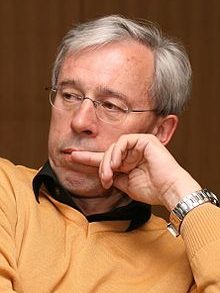The IFT Severo Ochoa includes a strategic Excellence Visitor Program, with a number of IFT Severo Ochoa Distinguished Professor visiting positions awarded to internationally recognised world-leading scientists in the fields of Particle Physics, Astroparticles, Cosmology and Quantum Information. The aim of this program is to bolster collaborations of IFT teams with these international leaders and their institutions, and to enrich the IFT stimulating atmosphere through their visits.
SO Chairs
Prof. Nima Arkani-Hamed
Institute for Advanced Study, PrincetonProfessor Arkani-Hamed is a leading particle physics phenomenologist who specializes in the interface between theory and experiment. He has pioneered many approaches to Physics beyond the Standard Model, including proposing large extra dimensions and establishing constraints on low-energy physics from UV completions of Quantum Gravity. His recent work explores the fundamental properties of scattering amplitudes in quantum theories using on-shell formulations. He has received multiple awards. These include the European Physical Society Gribov Medal in 2003, the Raymond and Beverly Sackler Prize in Physics in 2008, the Fundamental Physics Prize in 2012, and the Sakurai Prize in 2021. He is a faculty member at the Institute for Advanced Study in Princeton, and director of the Center for Future High Energy Physics (CFHEP) in Beijing, China.
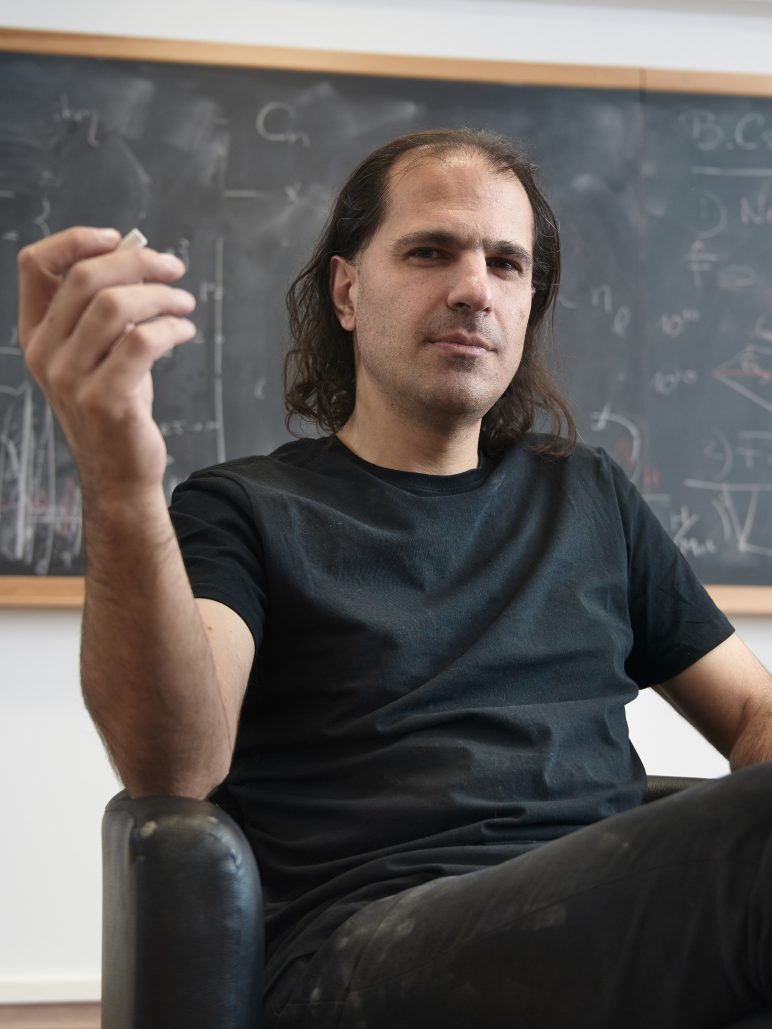
CREDIT: CERN
Prof. Juan Ignacio Cirac
Max Plank Institute of Quantum Optics, GarchingProfessor Cirac is a pioneer in the fields of quantum computing and quantum information theory. His work with Peter Zoller on ion trap quantum computing made experimental quantum computing possible, and their work on optical lattices initiated the field of quantum simulation. He has also made significant contributions to the fields of degenerated quantum gases, quantum optics, and many-body physics. Ignacio Cirac has received many awards, including the 2006 Prince of Asturias Award, the BBVA Foundation Frontiers of Knowledge Award in the Basic Sciences category (jointly with P. Zoller), The Franklin Institute’s 2010 Benjamin Franklin Medal in Physics (jointly with D. J. Wineland and P. Zoller), and the Wolf Prize in Physics (jointly with P. Zoller) in 2013. Since 2001, he has directed the Theoretical Division of the Max Planck Institute of Quantum Optics in Garching, Germany.
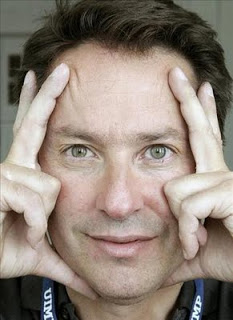
Prof. David B. Kaplan
University of WashingtonProfessor Kaplan is a world-leading expert in quantum field theory and effective field theories and their applications to particle physics, cosmology, nuclear physics and condensed matter physics. He is particularly known for his work on the theory of the composite Higgs boson, which led to the so-called “Little Higgs theories”, for the theory of kaon condensation, and for formulating lattice gauge theories with chiral fermions, known as domain-wall or Kaplan fermions. He has also proposed how to make the lattice discretisation compatible with certain supersymmetric gauge theories. He is a member of the National Academy of Sciences, the American Academy of Arts and Sciences, and the Washington State Academy of Sciences. He was awarded the 2022 Herman Feshbach Prize in recognition of outstanding achievements in theoretical nuclear physics. He is Professor of Physics at the University of Washington, and from 2006 to 2016 he served as director of the Institute for Nuclear Theory.
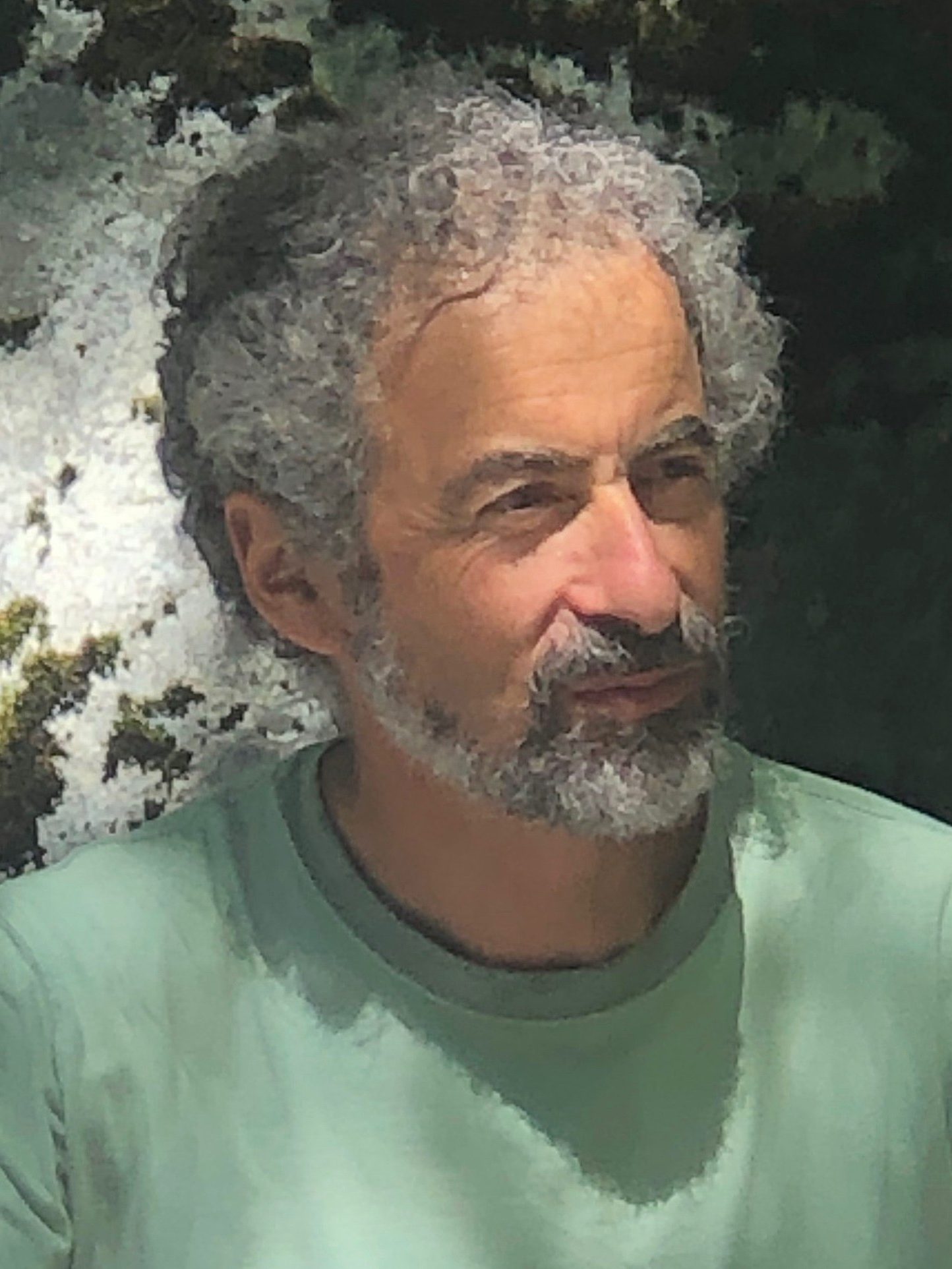
Prof. Viatcheslav Mukhanov
Arnold Sommerfeld Center for Theoretical Physics, LMUProfessor Mukhanov is the Chair of Cosmology at Ludwig-Maximilians-Universität in Munich. He is among a distinguished group of researchers who have made significant contributions to the theory of cosmic inflation. In 1980-81, he and G. Chibisov discovered that quantum fluctuations could be responsible for the large-scale structure of the universe. They calculated the spectrum of fluctuations in a model with a quasi-exponential expansion phase, later known as inflation, which is in good agreement with recent measurements of CMB fluctuations. He has received many prestigious awards, including the Gold Medal of the Soviet Academy of Sciences, the Oskar Klein Medal, the Max Planck Medal in 2015, the Chaire Blaise Pascal from the French Government, and the BBVA Foundation Frontiers of Knowledge Award in 2015 (shared with S. W. Hawking), and the Dirac Medal in 2019 (shared with A. Starobinsky and R. Sunyaev).
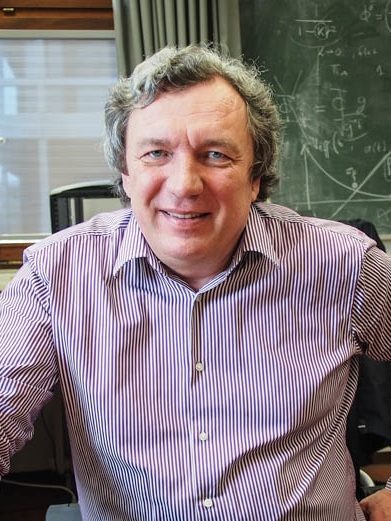
Prof. Lisa Randall
Harvard UniversityProfessor Randall is a world-leading expert on Particle Physics and Cosmology. She has made significant contributions to both fields, including the influential Randall-Sundrum model, which involves extra dimensions of space. In addition to her academic work, Prof. Randall has a public presence through her writing, lectures, and appearances on radio and TV. Her book “Warped Passages: Unraveling the Mysteries of the Universe’s Hidden Dimensions” was listed among the New York Times’ 100 notable books of 2005. She was named one of Time Magazine’s ‘100 Most Influential People’ in 2007. Additionally, she is a member of the National Academy of Sciences, the American Academy of Arts and Sciences, and a fellow of the American Physical Society. Professor Randall has received many prestigious awards, like the Premio Caterina Tomassoni e Felice Pietro Chisesi Award, the Oscar Klein Medal , the Benjamin Franklin Creativity Laureate in the Sciences, and the 2019 Sakurai Prize (together with R. Sundrum). She is currently the Frank B. Baird, Jr. Professor of Science in the Physics department at Harvard University.
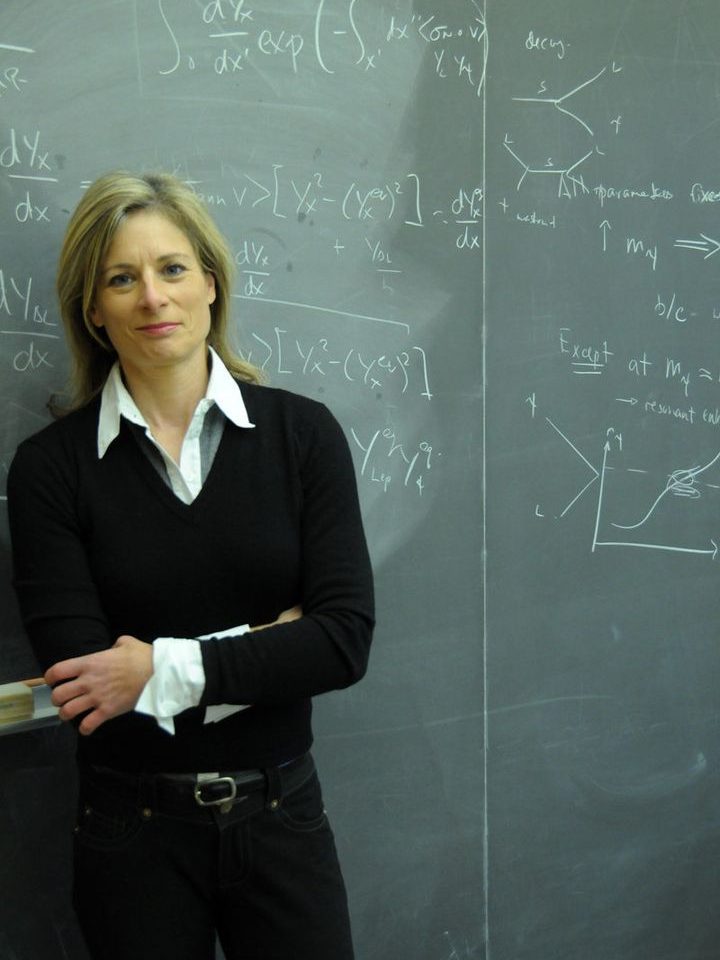
Prof. Cumrun Vafa
Harvard UniversityProfessor Vafa holds the Hollis Chair in Mathematics and Natural Philosophy at Harvard University. He is an internationally recognised authority on string theory and its implications for the study of quantum gravity, such as the so-called Swampland programme, and on the relations between geometry and quantum field theory. He has made many contributions to the development of string theory, including his work with A. Strominger on the microscopic origin of black hole entropy. Professor Vafa has received many awards and honours for his work in theoretical physics, including the Dirac Medal in 2008 (shared with J. Maldacena and J. Polchinski), the Breakthrough Prize in Fundamental Physics in 2017 (shared with J. Polchinski and A. Strominger), and the Dannie Heineman Prize for Mathematical Physics in 2016. He is a member of the National Academy of Sciences and the American Academy of Arts and Sciences.
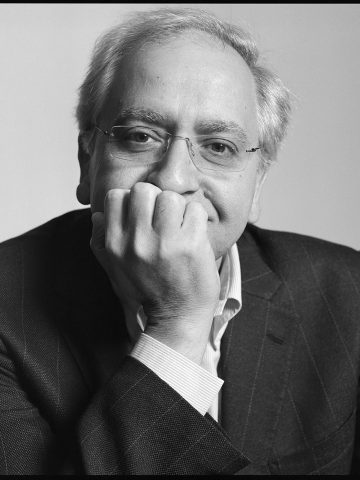
CREDIT: Brigitte Lacombe
Prof. Peter Zoller
University of InnsbruckProfessor Zoller is a pioneer in the fields of quantum optics and quantum information. His collaboration with Juan Ignacio Cirac on ion trap quantum computation has made experimental quantum computation possible. Additionally, his work on optical lattices has been instrumental in the development of quantum simulation. He is renowned for his pioneering research in quantum computing and quantum communication, as well as for his ability to bridge the gap between quantum optics and solid state physics. Building a quantum simulator using cold atoms is one of his proposals. He has received many awards including the Max Planck Medal (2005), the Dirac Medal (2006), the BBVA Foundation Frontiers of Knowledge Award in the Basic Sciences category (jointly with I. Cirac), the Franklin Institute’s 2010 Benjamin Franklin Medal in Physics (jointly with I. Cirac and D. J. Wineland), and the Wolf Prize in Physics (jointly with I. Cirac) in 2013. He is the scientific director of IQOQI Innsbruck.
